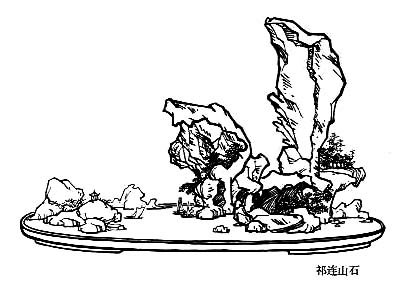Lun Yu 
 – Les Entretiens de Confucius
– Les Entretiens de Confucius
Le Maître échange propos, anecdotes, brèves paraboles et maximes avec ses disciples. Tr. Couvreur (fr), Legge (en) et Lau (en).
                                       | |||||||||||||||||||||||||||||||||||||||||||
| |||||||||||||||||||||||||||||||||||||||||||
 |  |
Lunyu VII. 28. (178)
Le Maître dit : « Il est peut-être des hommes qui agissent en toute ignorance, je n'en suis pas. Après avoir beaucoup entendu, j'examine et je choisis ce qui est bon à suivre. J'observe beaucoup pour le graver dans ma mémoire : c'est le second degré de la connaissance1. »
Couvreur VII.27.
Against acting heedlessly.
The Master said, "There may be those who act without knowing why. I do not do so. Hearing much and selecting what is good and following it; seeing much and keeping it in memory:– this is the second style of knowledge."
Legge VII.27.
The Master said, 'There are presumably men who innovate without possessing knowledge, but that is not a fault I have. I use my ears widely and follow what is good in what I have heard; I use my eyes widely and retain what I have seen in my mind. This constitutes a lower level of knowledge.'
Lau [7:28]

Les Entretiens de Confucius – Lun Yu VII. 28. (178) – Chinois off/on – Français/English
Alias the Lunyu, the Lun Yü, the Analects, les Entretiens du maître avec ses disciples.
Le Canon des Poèmes, Les Entretiens, La Grande Étude, Le Juste Milieu, Les Trois Caractères, Le Livre des Mutations, De la Voie et la Vertu, 300 poèmes Tang, L'Art de la guerre, Trente-six stratagèmes
Bienvenue, aide, notes, introduction, table.
Index – Contact – Haut de page
